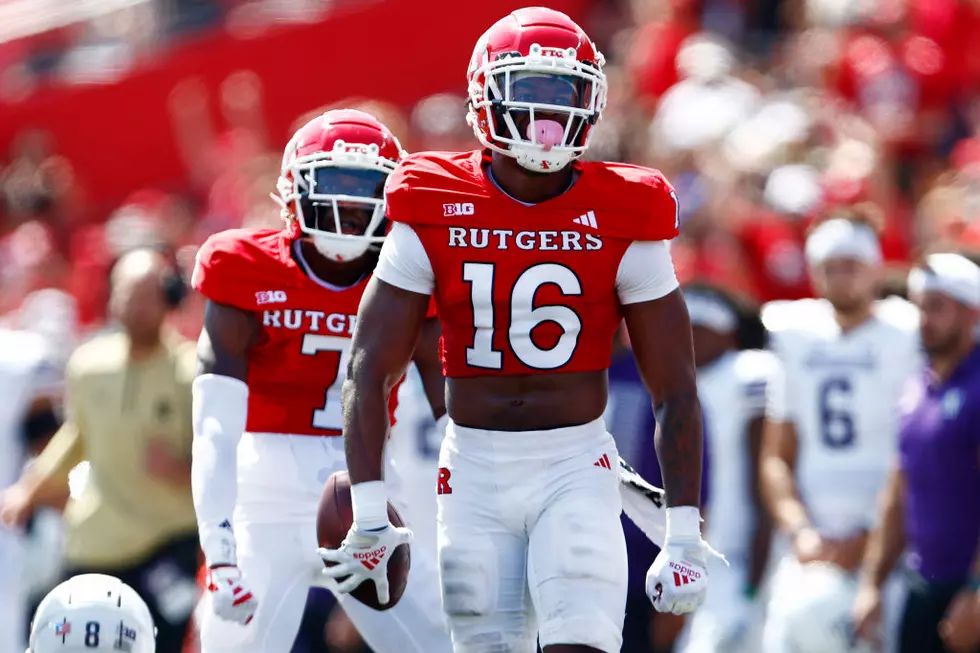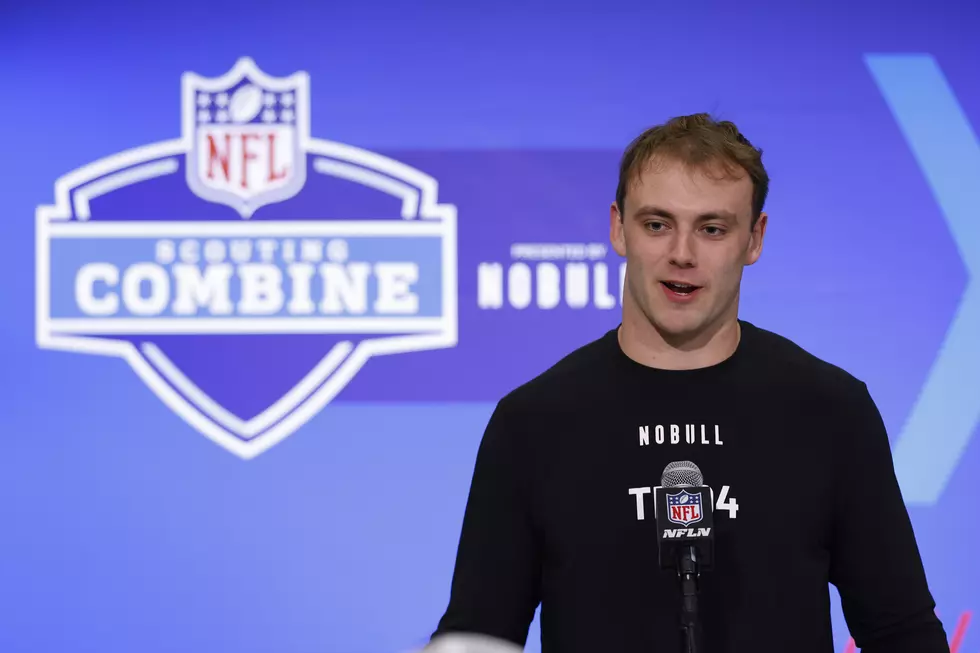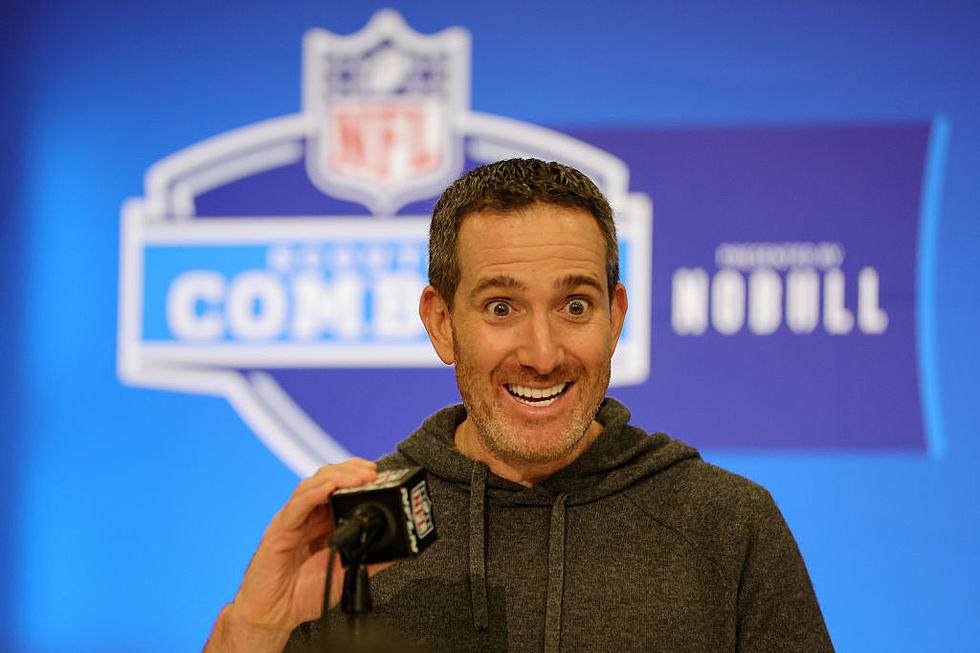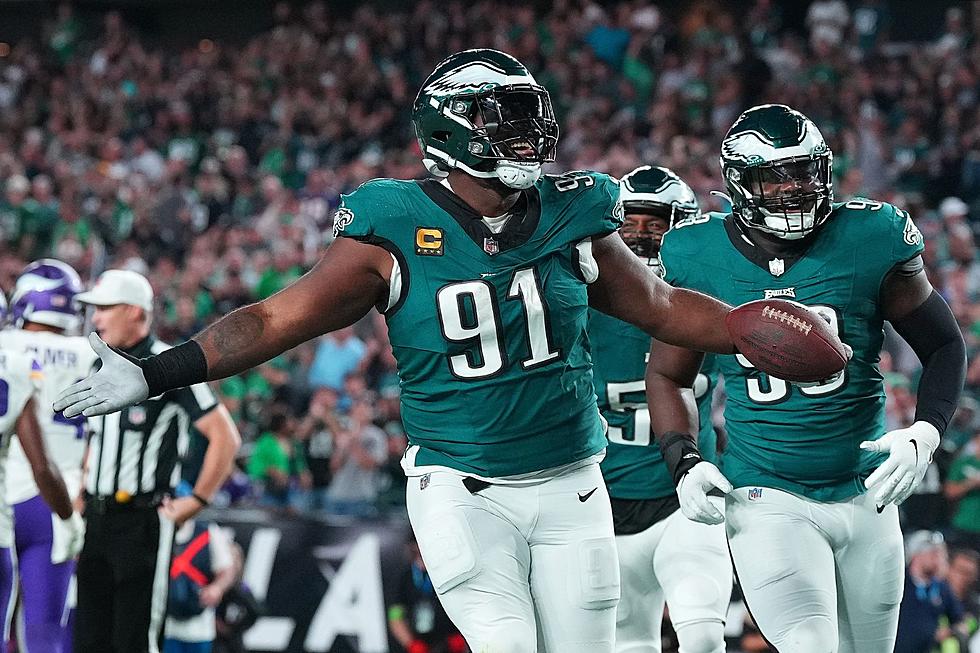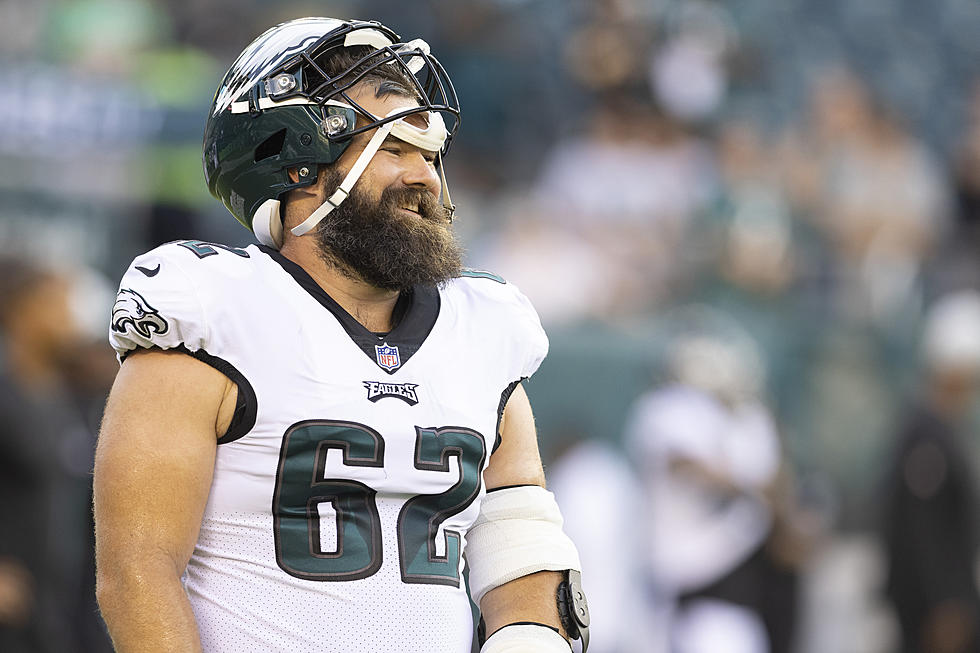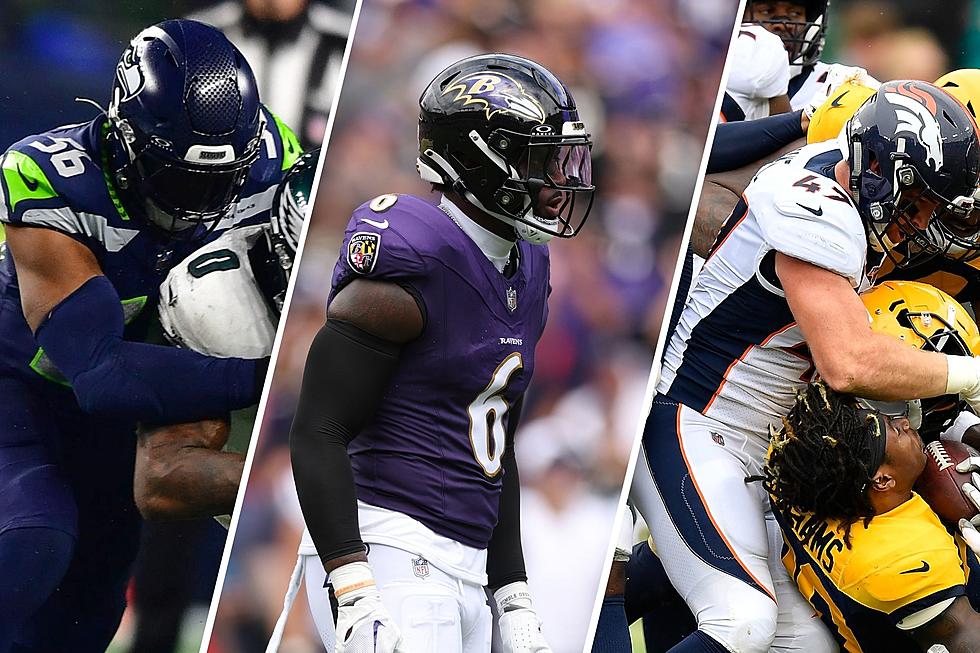
McMullen: Why Age is Just a Number for the Eagles Right Now
(973espn.com) - There are different phases of roster building in the NFL and the Eagles' moves this offseason have made it clear that they believe another Super Bowl is within reach.
If Super Bowl LIV wasn't a viable option for Philadelphia perhaps you might question another year with the aging Jason Peters at left tackle or the extension of All-Pro center Jason Kelce despite the fact he's at least thought about retirement.
On the other side of the football, the popular Brandon Graham got three more years of big money despite being 31 while the team's foray into the open market has produced three more thirtysomethings, reunions with DeSean Jackson (32) and Vinny Curry (31) and the addition of Andrew Sendejo (31).
Eagles executive vice president of football operations Howie Roseman addressed the difficult balance of trying to get younger as a contender in a league which is getting smarter and smarter as a whole at the annual league meetings in Phoenix on Monday.
"I think the big thing is you look at the league and a lot of the free agents who are 26 and 27, they're getting re-signed early, those better players. So where you used to have value at that point, there is now value in older guys," Roseman explained.
For other organizations Philadelphia's path forward would be a disaster but for one which held up the Lombardi Trophy less than 14 months ago and still has the core in place from that championship team, peddling in proven commodities in not only the prudent way to go it would be a dereliction of duty to simply hand over significant roles to unproven younger players.
It's one thing if a Josh Sweat has a great offseason and proves he's a better option as a rotational end than Curry this summer or if a Tre Sullivan holds off Sendejo, a starter on three top-five defenses over the past five years in Minnesota, at the third-safety spot.
Handing people jobs in the NFL is never the way to go with successful teams, however. The cliche iron sharpens iron remains a staple in any coach's lexicon for good reason: competition pushes players to greater heights.
"You look at the Super Bowl [LIII], the Rams, they added four or five [over 30] players in the pro-player market," Roseman explained. "... There is also value in having good players. Players are playing longer, the science is better in keeping guys healthier. And so you have an opportunity to get these guys."
The Eagles have been in win-now mode since it became clear that they were a significant contender during the 2017 season when it was prudent second-tier free-agency signings like Patrick Robinson, Chris Long, LeGarrette Blount and Corey Graham who filled in the blanks on what turned out to be a championship-level roster.
Last year it didn't work quite as well as many as the older players brought back or signed like Peters, Graham, Haloti Ngata, Darren Sproles and Mike Wallace struggled with injuries.
Philadelphia was still able to recover late, though, and was likely an uncharacteristic Alshon Jeffery drop away from a second consecutive NFC Championship Game despite losing Carson Wentz late in the season again, a younger player who has highlighted the difficulties in legislating injuries.
By the start of next season, Wentz will be 21 months clear of his ACL/LCL tear and the Eagles will be one of a handful of teams whose hope and optimism are legitimate.
And that's when you roll the dice against Father Time.
"We would rather have really good players instead of signing lower-level starters or guys who are rotational players or backups that maybe are two years younger," Roseman said.
There's significant turnover in the NFL every year so the youth movement can start at any time and really needs to speed up when Wentz gets his big-money extension and the roster building has to be constructed differently.
-John McMullen covers the Eagles and the NFL for 973espn.com. You can reach him at jmcmullen44@gmail.com or on Twitter @JFMcMullen
More From 97.3 ESPN
